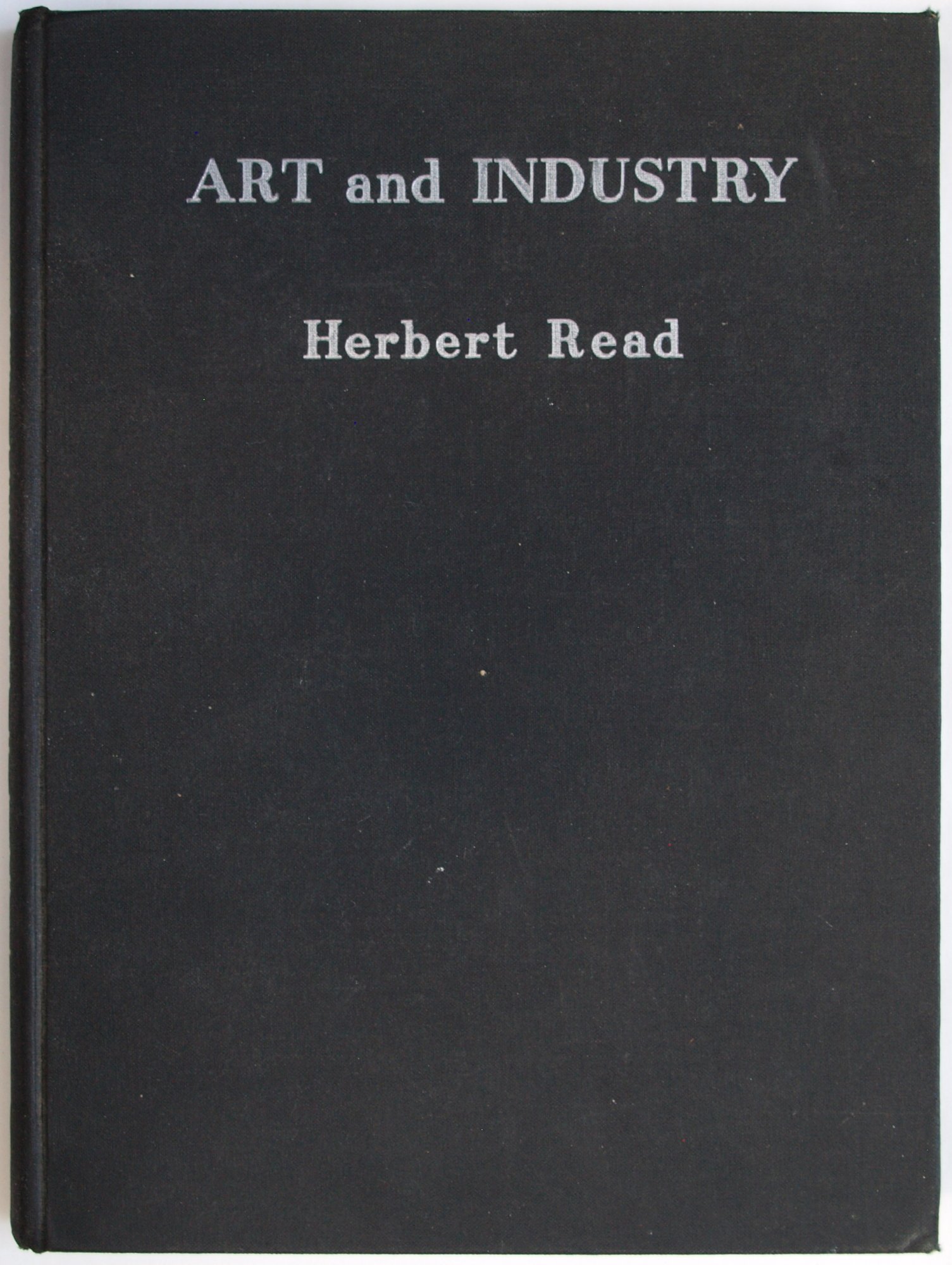Aldo Rossi: The Architecture of the City (1966–) [IT, DE, EN, BR-PT, CR]
Filed under book | Tags: · architecture, city, design, history of architecture, neo-rationalism, theory, urbanism

“Aldo Rossi, a practicing architect and leader of the Italian architectural movement La Tendenza, is also one of the most influential theorists of the second half of the 20th century. The Architecture of the City is his major work of architectural and urban theory. In part a protest against functionalism and the Modern Movement, in part an attempt to restore the craft of architecture to its position as the only valid object of architectural study, and in part an analysis of the rules and forms of the city’s construction, the book has become immensely popular among architects and design students.”
First published as L’architettura della città, Padova: Marsilio, 1966.
English edition
Introduction by Peter Eisenman
Translation by Diane Ghirardo and Joan Ockman
Revised for the American Edition by Aldo Rossi and Peter Eisenman
Publisher Graham Foundation for Advanced Studies in the Fine Arts, Chicago; Institute for Architecture and Urban Studies, New York; and MIT Press, 1982
Oppositions Books series
208 pages
Reviews and commentaries: Adolf Max Vogt & Radka Donnell (Journal of the Society of Architectural Historians, 1983), Mary Louise Lobsinger (Journal of Architectural Education, 2006), Farida Nilufar (Protibesh, 2004).
L’architettura della città (Italian, 1966/2006, 137 of 235 pages, 3 MB, via)
Die Architektur der Stadt (German, trans. Arianna Giachi, 1973/1998, 6 MB, added 2015-7-18)
The Architecture of the City (English, trans. Diane Ghirardo and Joan Ockman, 1982, pages 20-27 & 164ff missing, 49 MB; OCR version added 2015-7-5 via Marcell Mars, 46 MB)
A arquitetura da cidade (Brazilian Portuguese, trans. Eduardo Brandão, 1995/2001, 83 MB, added 2015-6-30)
Arhitektura grada (Croatian, trans. Sanja Bingula, 1999, 5 MB, via Sara Renar, updated 2015-6-30; OCR version added 2015-7-5 via Marcell Mars, 20 MB)
Yuk Hui, Andreas Broeckmann (eds.): 30 Years After Les Immatériaux: Art, Science and Theory (2015)
Filed under book | Tags: · art, art history, art theory, communication technology, media, postmodernity, technology

“In 1985, the French philosopher Jean-François Lyotard curated a groundbreaking exhibition called Les Immatériaux at the Centre Pompidou in Paris. The exhibition showed how telecommunication technologies were beginning to impact every aspect of life. At the same time, it was a material demonstration of what Lyotard called the post-modern condition.
This book features a previously unpublished report by Jean-François Lyotard on the conception of Les Immatériaux and its relation to postmodernity. Reviewing the historical significance of the exhibition, his text is accompanied by twelve contemporary meditations. The philosophers, art historians, and artists analyse this important moment in the history of media and theory, and reflect on the new material conditions brought about by digital technologies in the last 30 years.”
Texts by Daniel Birnbaum, Jean-Louis Boissier, Andreas Broeckmann, Thierry Dufrêne, Francesca Gallo, Charlie Gere, Antony Hudek, Yuk Hui, Jean-François Lyotard, Robin Mackay, Anne Elisabeth Sejten, Bernard Stiegler, and Sven-Olov Wallenstein.
Publisher meson press, Lüneburg, Jun 2015
Creative Commons BY-SA 4.0 License
ISBN 9783957960313
245 pages
Reviews: Ellef Prestsæter (Kunstkritikk, 2015), Neural (2016), Michela Alessandrini (Critique d’art, 2017, FR).
Comment (0)Herbert Read: Art and Industry: The Principles of Industrial Design (1934)
Filed under book | Tags: · art, art theory, design, industrial design, machine, modernism

One of the most important texts promoting Modernism published in Britain. The layout was designed by former Bauhaus tutor Herbert Bayer. “In this text, the designer is portrayed as an abstract artist working in industry, reconciling elements of design such as materials, form, colour, and proportion with modern mass-production technology. Read felt that the designer should play a central role in modern manufacture, rather than the low-paid, subservient role that generally prevailed at the time.”
Publisher Faber and Faber, London, 1934
Reprint Harcourt, Brace and Company, New York, 1935
143 pages
via Joseph Allen
Review: Listowel (Philosophy, 1934).
Commentary: Robin Kinross (Journal of Design History, 1988).
PDF (146 MB, no OCR)
Comment (0)
